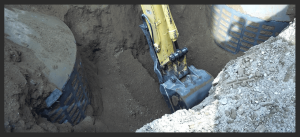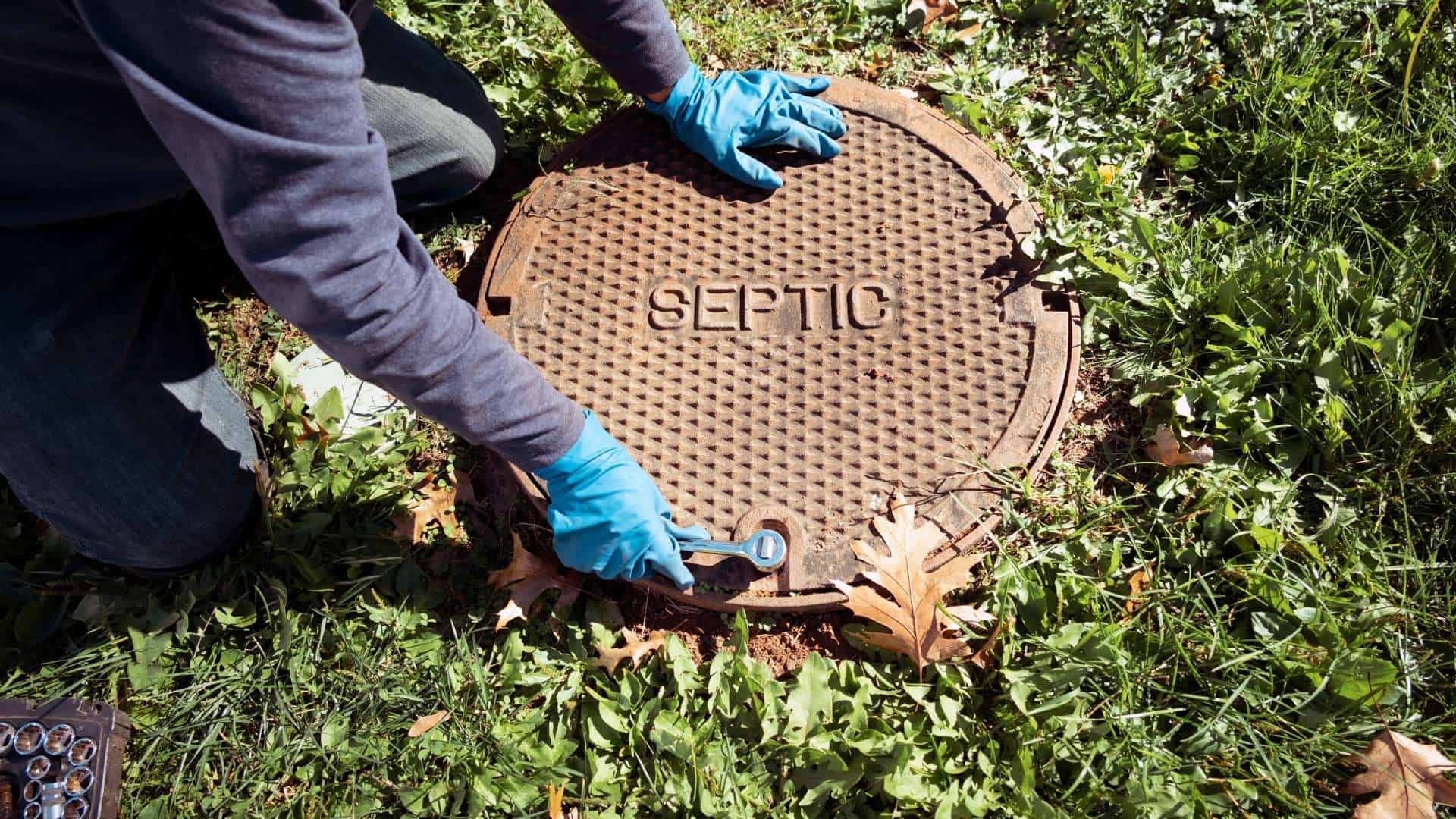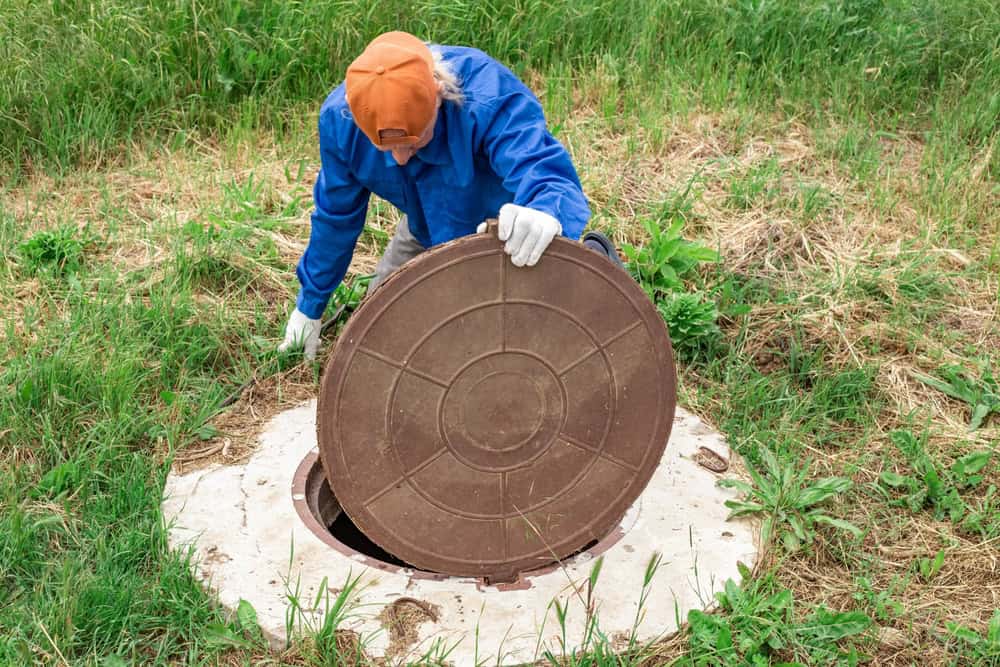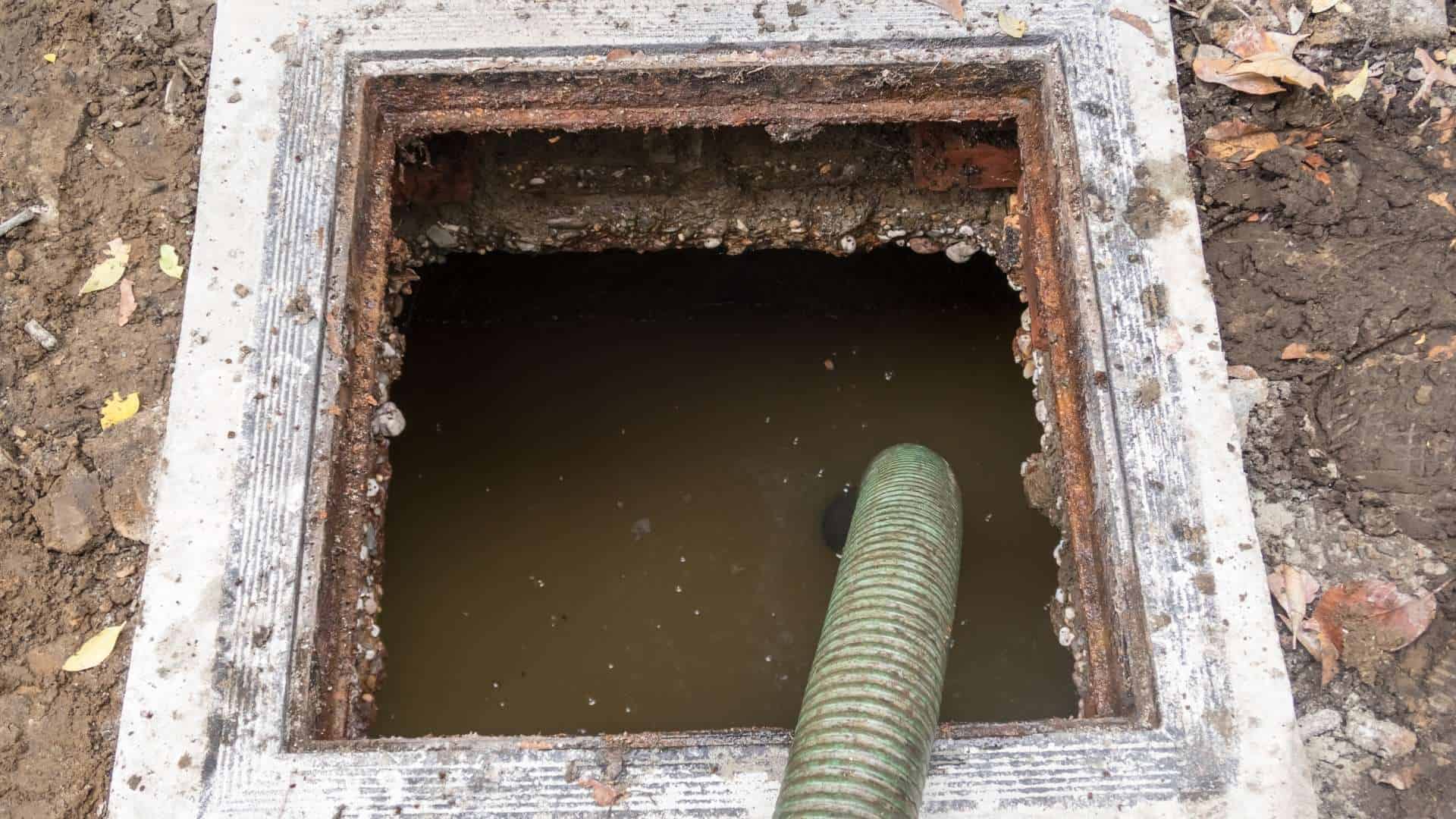Warning Signs of a Full Septic Tank: What to Look For and When to Schedule Pumping Services
Septic tanks are an important part of any home’s plumbing system, but they can become overwhelmed if not properly maintained. Knowing the signs of a full septic tank can help you avoid costly repairs and ensure your system is functioning properly.
One of the most common signs of a full septic tank is slow draining. If you notice that your drains are taking longer than usual to empty, it could be a sign that your tank is full. Additionally, if you notice that your toilets are not flushing properly, this could also be a sign that your tank is full.
Another sign of a full septic tank is the presence of water or sewage in your yard. If you notice that water is pooling in your yard or that there is a foul odor coming from your yard, it could be a sign that your septic tank is full.
Finally, if you notice that your sinks and toilets are gurgling, this could also be a sign that your septic tank is full.
If you notice any of these signs, it is important to schedule septic tank pumping services as soon as possible. Septic tank pumping services will help to remove any excess waste from your tank and ensure that your system is functioning properly.
By being aware of the signs of a full septic tank and scheduling regular septic tank pumping services, you can help to ensure that your system is functioning properly and avoid costly repairs.
How to Tell When Your Septic Tank is Full: Common Signs and When to Call a Professional
Septic tanks are an important part of any home’s plumbing system, but they can be difficult to maintain. Knowing when your septic tank is full is essential for keeping your plumbing system running smoothly. Fortunately, there are a few common signs that can help you determine when it’s time to call a professional.
One of the most common signs that your septic tank is full is slow draining. If you notice that your sinks, showers, and toilets are draining more slowly than usual, it could be a sign that your septic tank is full. Additionally, if you notice any foul odors coming from your drains, this could also be a sign that your septic tank is full.
Another sign that your septic tank is full is if you notice water pooling in your yard. If you notice any standing water in your yard, it could be a sign that your septic tank is full and needs to be emptied.
Finally, if you notice any sewage backups in your home, this is a sure sign that your septic tank is full and needs to be emptied.
If you notice any of these signs, it’s important to call a professional as soon as possible. A professional can help you determine if your septic tank is full and can provide the necessary services to empty it.
By being aware of the common signs of a full septic tank, you can ensure that your plumbing system is running smoothly and that your septic tank is properly maintained.
Avoid Septic Tank Overflow: Recognizing the Signs of a Full Tank and Scheduling Pumping Services
Septic tank overflow is a serious issue that can cause significant damage to your property and the environment. Recognizing the signs of a full tank and scheduling regular pumping services are essential steps to avoiding septic tank overflow.
The most common sign of a full septic tank is slow draining in the plumbing system. If you notice that your sinks, showers, and toilets are draining more slowly than usual, it is likely that your septic tank is full and needs to be pumped. Other signs of a full tank include a strong odor of sewage coming from the drains, gurgling noises coming from the plumbing, and water pooling in the yard near the septic tank.
It is important to schedule regular pumping services to avoid septic tank overflow. Depending on the size of your tank and the number of people in your household, you should have your tank pumped every three to five years. If you have a large family or use a garbage disposal, you may need to have your tank pumped more frequently.
If you suspect that your septic tank is full, it is important to contact a professional septic tank service as soon as possible. A professional can inspect your tank and determine if it needs to be pumped. They can also provide advice on how to maintain your septic system and prevent future problems.
By recognizing the signs of a full septic tank and scheduling regular pumping services, you can avoid septic tank overflow and protect your property and the environment.




